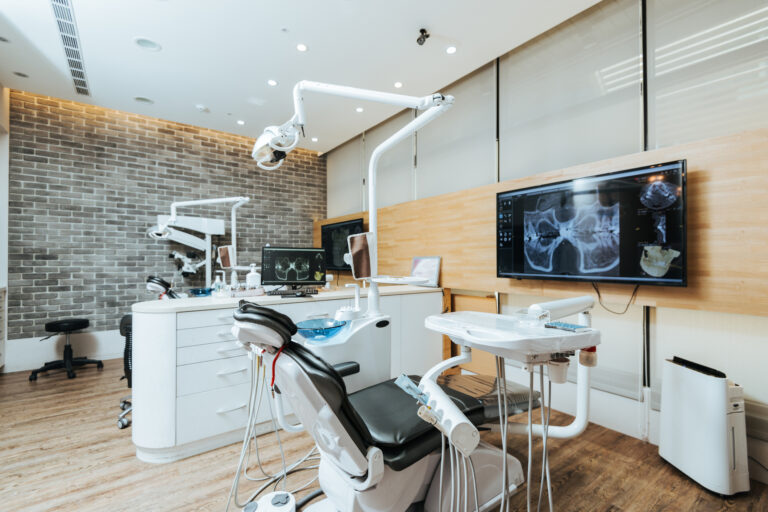Getting braces is one of the best decisions you can make for your teeth. They can help enhance the appearance and alignment of your teeth significantly. But one wrong step can also cost you hundreds – even thousands – of dollars. That is why it is essential to know how to care for your braces after getting them properly. Scheduling an appointment with Fairfield, ME dental office can help you learn more about the aftercare for braces.
The do’s of caring for your braces
- Brush your teeth carefully at least twice a day
It is more important than ever to maintain proper dental hygiene after getting braces. Food particles can easily get trapped between the wires or brackets. To prevent oral problems, brush properly after every meal – or at least twice a day.
- Floss daily
You must floss daily when you have braces. This step of dental hygiene is critical as it helps remove food particles and bacteria.
- If you play sports, protect your teeth.
You must use protective equipment to protect your mouth if you play any contact sports. Talk to your dentist about getting a mouthguard to protect your braces and teeth.
- Rinse your mouth after eating
After every meal, rinse your mouth thoroughly to make sure you are removing all the food particles that may be stuck between your teeth or braces.
- Take painkillers
After getting your braces fixed – or after every adjustment appointment – it is normal to feel pain and discomfort for a day or two. You can take mild painkillers to relieve the discomfort.
- Use dental wax
If your braces are rubbing against the inside of your mouth, such as your lips or cheek, you can apply dental wax over the bracket causing discomfort.
The don’ts of caring for your braces
- Eat foods that may cause damage to your braces
You should avoid several foods after getting braces, as they can cause damage. This can include chewy, crunchy, or hard foods, sticky foods, sugary foods, or food you need to bite.
- Bite your nails or chew on pencils
Do not bite any foreign object with your teeth – such as your nails or chewing on pencils. Do not use your teeth as tools, as this can damage your braces.
- Miss your dental appointments
After getting your braces, you would need to visit your dentist regularly. You must not miss appointments to ensure that the adjustments are happening correctly, the way they are supposed to.
- Remove elastic bands
Do not touch the elastic bands of your braces at all.
- Drink carbonated or sugary drinks
Avoid sugary and carbonated drinks as much as you possibly can.
- Self-adjust your braces
Do not adjust your braces on your own. Let your dentist deal with that.




